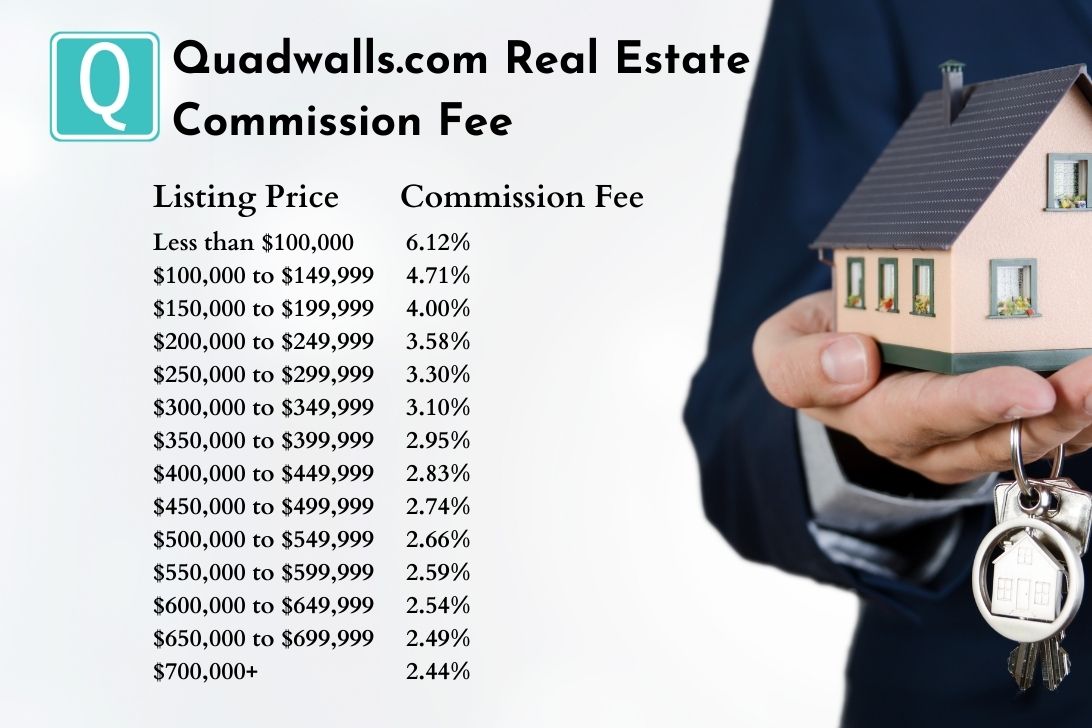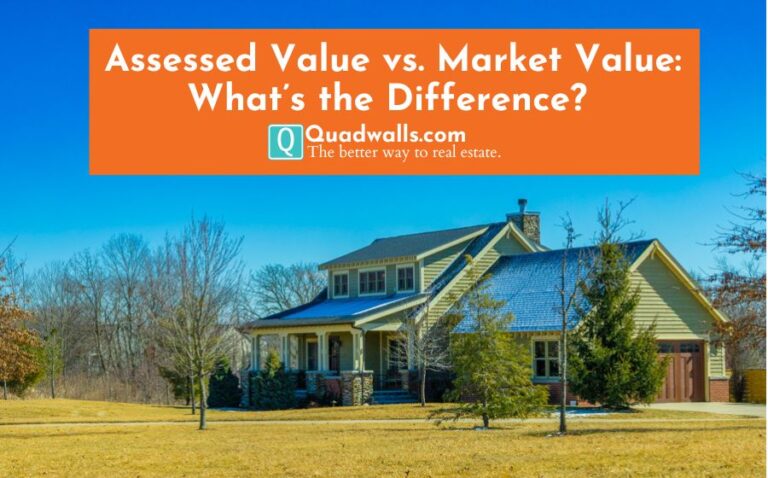Where to Buy a Home: 9 Things to Consider When Choosing a Location for Your House
Where to start when buying a home is deciding where you want to live. Knowing what is for you the best location to buy a house needs to be your first step. Knowing how to choose a location to buy a house requires taking a look at your daily, weekly, and monthly routines. This post will help you objectively look through your routines so you can determine where to buy a home.
How Important Is Location When Buying a Home?
A home’s location is one of its most important features and has a huge impact on the home’s value and desirability. The reason why location is important for buying a home is the more desirable the location the more likely it is you will be able to sell the home at a higher price in the future.
The best locations for home buying meet the following criteria:
- Located in a lower crime area
- Included in a good to great school district
- Close to jobs
- Easy to access amenities and places needed for daily living like grocery stores, doctors, and service providers
- Relatively easy access to major thoroughfares, highways, or interstates
- Stable, lower property taxes
On the other hand, the last thing most homebuyers are thinking about is re-sale. In this instance, how to choose a location for a home changes. When ignoring future resale potential the home location which makes the most sense for any homebuyer is a location central to the places you most frequently visit.
How to Choose a Location to Buy a Home

It can be overwhelming to think about the best place to buy a home. Let me help you with how to choose a home location by breaking it down into pieces so you can methodically think about what matters to you most and not leave anything out either.
1. Neighborhood Safety
A low neighborhood crime rate is one of the top priorities for many homebuyers. You can gather information about the crime rate in any neighborhood where you are thinking about purchasing a home. Also, elements of the neighborhood can give you a better answer whether an area you are considering is a safe place to live.
- Research crime statistics – There are many online resources which collect crime statistics on a micro-level. Additionally, your local police department likely has data on the number of crime reports and calls in specific areas of your city or town. Make sure you understand how recent the data is and whether crime is trending up or down. Additionally, evaluate the severity of the crimes. Property crimes are very different from violent crimes.
- Property values – Due to the fact most people want to live in low crime areas, property values in low crime areas are often higher. So, the higher a home’s listing price is compared to the median or average for that area the more likely area crime rates are low. Additionally, work with your real estate agent to understand whether property values are trending upward or downward in the area.
- Neighbors – Some neighborhoods still have active neighborhood watches. Alternatively, you could ask a neighbor their feelings about the neighborhood and whether they think crime is or isn’t a problem in the area.
Safe neighborhood features – Specific improvements make some neighborhoods safer than others. This includes street lights, lamp posts, and all traffic directed onto roads versus alleys cutting behind and beside homes.
2. Is It a Community with a Homeowner Association?

Some homebuyers are very much against homeowner associations. A homeowner association is a board of neighborhood elected volunteers tasked with enforcing neighborhood rules, covenants, and restrictions on behalf of all of the residents. You should decide whether or not you want to own a home within a neighborhood with a homeowner association.
Pros of Homeowner Associations
- Enforcement of neighborhood rules on your behalf
- Helps maintain the overall look, feel, and quality of the neighborhood
- Entrusted to make sure community areas stay in good repair
Cons of Homeowner Associations
- Fees which are an additional cost of ownership
- Changes to your home’s exterior might require approval from the association
- Future rule changes can interfere with your future plans
Covenants and Restrictions
Even though a neighborhood might not have a homeowner or property owner association does not mean there are not covenants and restrictions. Covenants and restrictions run with the land lasting for years and even for the entirety of time. Get a copy of the covenants and restrictions as soon as possible. If you are in a competitive housing market add a contingency to your offer about reviewing covenants and restrictions after your offer is accepted.
3. What’s Near the Neighborhood
My wife won’t live at a house that is more than 10 minutes from a decent library and a Target store. That’s a true statement. An important factor to consider when buying a house is how far is it from the places you like to visit.
We spend far too much time commuting to the places we need or want to go. All of that is lost time when we could be doing things we enjoy instead of driving a car. Think ahead about what’s important for you to live near. This list will help think through whether or not a neighborhood is the right location for you. For each of these ask how far away is the home from…
- Your job
- Kids’ school
- Friends and family members I depend on or that depend on me
- A grocery store
- Parks, playgrounds, or other natural settings
- Your favorite places to shop
- The best restaurants or coffee shops
- Doctors or how far from a hospital in an emergency and don’t forget your pets’ vet
- Activities you enjoy
4. School District
If you do not have children or are past that stage of life and do not care you should still consider reading this paragraph. School district quality has a tremendous impact on property values. So, if you are thinking you will be selling in the not too distant future you should be aware of the schools in the area.
Most states make it very easy to gather school district information. Visit your state’s department of education to find data about the schools in the area you are thinking about buying a home.
5. Other Amenities Available
It’s easy to overlook some of the more important features of a neighborhood or a home’s location. Take a moment and think about all of the places you like to go and the things you like to do. You will want to continue to be near those things.
Parks, playgrounds, and other outdoor areas like walking tracks or a golf course are important to many people. Others like to be even more connected with nature and want to be near a large nature preserve or close to a large body of water. Make a list of amenities you want to be near and make sure to verify some, most, or all of those are near a house you are considering purchasing.
6. The Neighbors
The fact you will have new neighbors can cause anxiety and reluctance to move forward on a new home. There are ways to get a reasonable handle on a neighborhood before submitting your offer.
First, drive through the neighborhood at different times of day. This will give you a good idea of the traffic patterns in the neighborhood. Second, take a moment and look how well-maintained the homes and yards are in the neighborhood. Okay, now let’s get real nutty on reconnaissance of a neighborhood.
This only works if it is winter, you live in an area that gets snow, and you happen to be considering a home right when a snowfall occurs. The greater number of people who shovel their driveways and walks and the earlier they do it is a huge indicator of people’s pride of ownership in their home. I know this sounds crazy, but it’s true!
Lastly, don’t be too shy. If you are out driving through a neighborhood where you are thinking about buying a home, ask the neighbors. If you see people outside working in their yard or talking in a driveway or something approach them and ask about the neighborhood.
7. Commuting Time and Transportation

The average commute in the U.S. is 28 minutes. One way, too. That sounds like a lot, an hour a day spent getting to and coming home from work. If you desire a short commute the best place to buy a home is closer to your work. You can use Google Maps to find out how far your home is from your work.
The availability of public transportation is another thing to consider when buying a house. Many people like to use public transportation or would prefer not to pay for a vehicle. If you want to use public transportation make sure the home you are buying is close enough to the routes you intend to use.
8. Current Housing Values and Property Taxes
Most people will eventually sell the home they are considering buying. Due to this, you might want to ask your real estate agent his or her opinion about future property values in the area. Specifically, you should ask if property values are trending upward, downward, and how they trend looks compared to other neighborhoods in the area.
The cost of property taxes is another factor to consider when deciding the best location to buy a house. Each city, town, or township has different tax rates. Additionally, the amount of and frequency of increases should be considered, too. Lastly, check to see if there are currently any local voter referendums under consideration or that have been recently approved. These voter approved referendums are often for school related or infrastructure projects with the cost passed on directly to property owners.
9. Future Development

The only way to prevent having future development near you is to buy a home on a cliff or next to a large body of water. Future development is a reality we must all accept.
If the possibility of future development concerns you the best place to buy a home is deep within a zoning area that is most like the home you are buying. Homebuyers concerned about future development should avoid buying a home in the following areas:
- Next to or very near raw land or farmland. This is especially true if municipal water and sewer connections are already at or near that land.
- At the absolute edge of a city or town.
- In a zoned area described as transitional.
- Bordering or nearly bordering lands with unattractive zoning.
Conclusion
Where to start when buying a home means deciding where you want to buy a home. A home’s location is often the most important factor to a homebuyer. Oftentimes, if the home is not where they want to be, they are not interested in learning more regardless of the home matching their other criteria.
It can be a little overwhelming to remember all the things to consider when choosing a location for your house. Think most about where you go, what you want to be near, and your daily, weekly, and monthly routines. Regarding things like discovering local crime rates or the school district’s performance, doing some online research and meeting with people in your community can help you better understand those characteristics of an area.
Most importantly, lean on your real estate agent. Real estate agents know where to find all of the information to quickly learn about an area. This is what we are trained to do. The Quadwalls Northwest Indiana Real Estate Team is here to help you find and buy a home for sale in Northwest Indiana. Contact us today to get started!
The Quadwalls Team of Realtors® in Northwest Indiana
About Quadwalls.com
Quadwalls.com is a real estate website founded in Valparaiso, IN dedicated to helping home buyers and sellers make better decisions when buying and selling real estate. We do this by giving clear, honest information to our clients based on what we have learned by completing hundreds of home purchases and sales.
How Quadwalls Helps Homebuyers
The Quadwalls Real Estate Team has some of the best Realtors® in Northwest Indiana. We are ready to help you find and buy your new home. Each of the Quadwalls team Northwest Indiana real estate agents is ready to provide you with attentive, personalized, warm, caring service to help you find and buy a home. Whether this is your first or fifteenth home purchase each of us has the skills and experience to represent you. Start viewing homes for sale in Northwest Indiana today!
How Quadwalls Helps Home Sellers
Receive a free, remarkably accurate market valuation of your home by completing the Quadwalls.com Interactive Home Value Experience. Also, we post the real estate commission fee we charge on our website. Our fees for our full-feature home selling services are amongst the lowest in the industry. Click here to learn more about our full-feature home selling services and my answers to home sellers’ most common questions when hiring a Realtor to sell their home.
Is There Something Else?
Do you just have some real estate related questions? If so, feel free to contact us. We will respect your privacy. All conversations and inquiries are confidential. Just let us know how we can help.
 Updated: March 29, 2023
Updated: March 29, 2023  2397
2397  13 min
13 min













